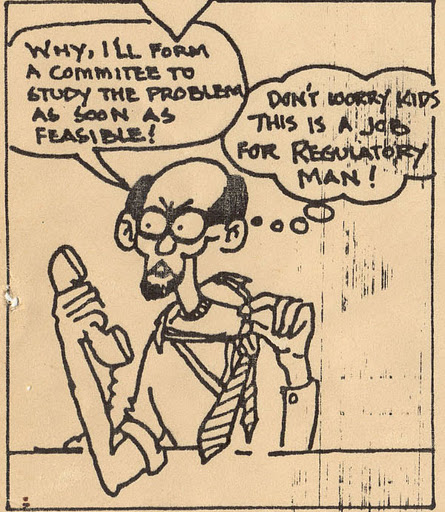I’ve
explained why I don’t want to vote for Hillary Clinton, so please indulge me a
bit further and let me say why I DO want to vote for Bernie Sanders.
I’ve spent
the last 50 years working in and around environmental impact assessment – which
is based on the simple principle that before government makes a decision, it
ought to look at what the likely effects of that decision will be, and factor
what it learns into its thinking. And importantly too, the principle that government
should do that looking and thinking and factoring in consultation with the
governed – particularly those likely to be affected by the decision.
Over those
years, I’ve seen these simple principles complexified, bureaucratized, tweaked
and diddled and reinterpreted in myriad ways, often by well-intentioned people
(myself included, in some cases) and often enough by the self-interested.
Interested,
that is, in protecting financial interests and aspirations, elite status, the
ability to have one’s ways with the environment and the communities that live
in it. And interested in making a quick buck by telling project proponents what they want to hear,
and creating the appearance of compliance with law. Time and
time again, I’ve seen Indian tribes, Native Hawaiian communities, Micronesians
and Samoans, the urban poor, rural communities, people of color and just plain communities
and neighborhoods in the US and other countries lose their treasured
environments because what passed for impact assessment was either a flat-out
whitewash or so complex and tortuous that no one but those paid to do so –
usually by project proponents – could figure out what was being said and
decided. I published a book about this back in 2009 (http://www.amazon.com/Our-Unprotected-Heritage-Whitewashing-Destruction/dp/1598743813),
and in 2012 a short-form version (https://www.academia.edu/4316506/The_National_Environmental_Policy_Act_A_Corrupted_System),
calling for urgent remediation. Both fell on deaf ears.
I wasn’t
silly enough to think that any U.S. congress or executive was going to put
reforming environmental impact assessment very high on its agenda, but I thought
that maybe, just maybe, such reform might happen as part of a larger effort to
make government responsive to the people and not just to corporations. I’d come to
see my little problem of corrupted impact assessment as part of a much bigger
problem: the corruption of government operations in general. Not necessarily purposeful
corruption, but corruption through the operation of bureaucratic systems that
have taken on lives of their own, whose effect is to make government
unaccountable to, and indeed impenetrable by, the public.
But perhaps because
those systems are so impenetrable, and have come to be taken so much for
granted, I’ve been pretty routinely disappointed in my hopes for reform, even
by leaders like Barack Obama.
I’ve
concluded that the problem of an impenetrable, unaccountable government that’s
in bed with corporations is such a big one, so deeply embedded in the guts of government
operations, that it can’t be undone without what amounts to a revolution. Until
now – at least since the days of Jack Kennedy, and in his own way Jimmie Carter – I’ve not
had anyone to vote for who promises even to try for revolutionary change.
In Bernie
Sanders I’ve found such a candidate, and I’ll vote for him – already have in
the primary, but hope to do so in the general. I’m sick of voting for the
lesser of two weevils.
